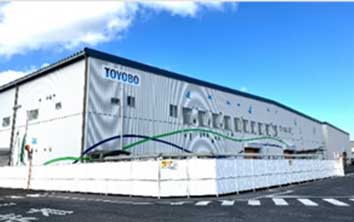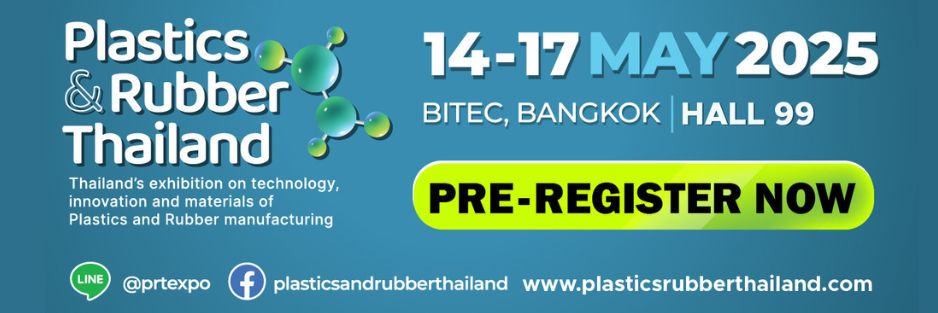Expansions: Lanxess inaugurates application centre in India; Toyobo to boost capacity of PET film by 30%

German specialty chemicals company Lanxess recently inaugurated its India Application Development Centre (IADC) in Thane, Mumbai. In a first step, it integrates expertise from two key businesses in India: Lubricant Additives (high-performance additives and additive systems, synthetic base fluids and ready-to-use lubricants) and Material Protection Products (antimicrobial, disinfection, and preservation solutions).
Lanxess adds that customers will for example benefit from advanced studies of friction and wear of lubricants, the synthesis and testing of new materials and the evaluation of the antimicrobial performance of paints, emulsions, and other water-based chemistries.
The establishment of the IADC aligns with Lanxess’s transformation into a specialty chemicals company, focusing on less cyclical business areas and solutions for critical applications such as sustainable mobility or consumer protection. India’s growing industrial base and expanding consumer markets make it an ideal platform for driving such advancements, it adds.
“India is a critical growth region for Lanxess, offering immense opportunities for collaboration and innovation,” Matthias Zachert, Chairman of the Board of Management said at the inauguration ceremony. “The new application development centre represents our commitment to delivering solutions tailored to the needs of our local customers while driving organic, innovation-led growth. I am also thrilled that this important milestone for India coincides with our 20th anniversary as a company: an opportunity to celebrate twice.”
Lanxess has a long-standing presence in India, with representation from all ten of its business units and a workforce of around 800 employees. The company operates two production hubs: one in Jhagadia, Gujarat, focusing on Rhein Chemie, Liquid Purification Technologies, and Material Protection Products, and another in Nagda, Madhya Pradesh, which specialises in flavours and fragrances.

In other news, Japan’s Toyobo Co., Ltd. has decided to renovate a PET (polyethylene terephthalate) film production facility at its Tsuruga film plant to boost the production capability of the Cosmoshine SRF. The product, a retardation film for polariser protection that eliminates the rainbow pattern on screens, is being used for liquid crystal displays.
The renovation will enable Toyobo to produce the film at a total of four factory lines, including the existing line at the Tsuruga plant and two lines at its Inuyama Plant (in Aichi Prefecture), enabling the company to boost production of the product by as much as 30%.
Toyobo plans to establish a mass-production system at the plant located at its Tsuruga R&D centre in Tsuruga, Fukui Prefecture, within the fiscal year ending in March 2026.
Mass production at the new facility is scheduled to start in fiscal 2026, enabling production of the film up to 3 m wide to meet the need for larger displays.
Toyobo introduced the film to the market in 2013 and says it is the only PET film available for polariser protection in liquid crystal displays. Harnessing its unique film formation and material technologies, as well as the concept of “super retardation”, Toyobo was able to eliminate the rainbow pattern, or colour irregularities, unique to general PET films, it adds.
The PET film is said to excel in water resistance and durability comparted to previously mainstream materials such as TAC (triacetylcellulose) used for the same purpose, and adoption has been increased in recent years due to the high marks it has received for its property of avoiding curvature and distortion resulting from moisture absorption.
Currently, the product has an approximately 60%*1 market share in the global market of polariser protection films for liquid crystal displays. The market is expected to grow about 3%a year until 2030 as liquid crystal display screens become larger.
(PRA)SUBSCRIBE to Get the Latest Updates from PRA Click Here»












